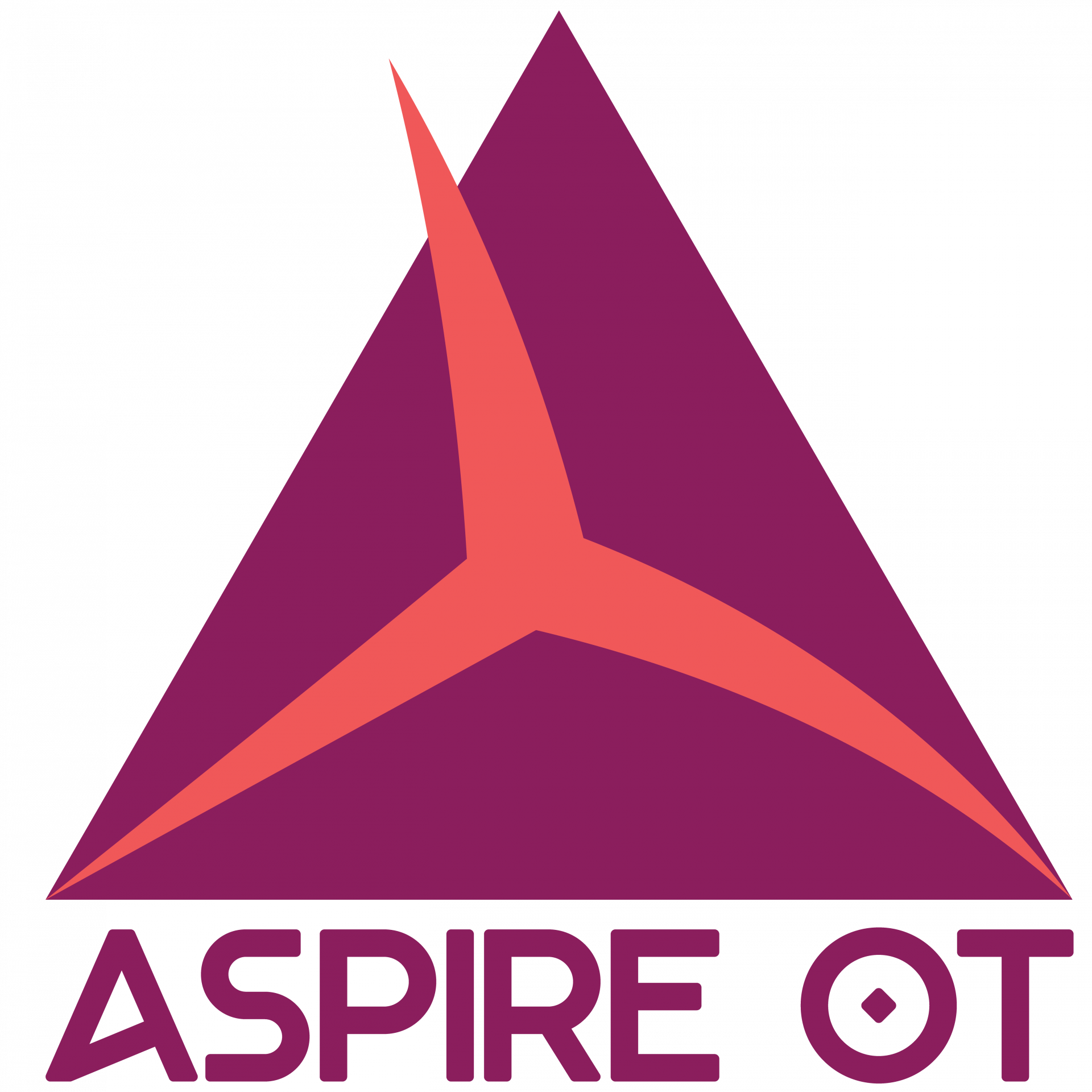Have you ever faced
an ethical dilemma in your OT practice and felt unsure of the best course of
action? You’re not alone! OT ethics and ethical decision-making can feel
overwhelming, especially when we lack the knowledge, support, or confidence to
navigate complex situations.
OT practitioners
commonly experience the challenges related to OT ethics, and may feel
unprepared to address ethical concerns due to limited resources or guidance (
VanderKaay et al., 2019). Since ethical
considerations shape every aspect of our work—from billing practices and
professional boundaries to equitable access to care—it’s crucial to build
skills that help us make sound decisions related to OT ethics with confidence.
In this article we’ll cover:
✅Common barriers to ethical-devision making
✅Core principles to guide ethical dilemmas
✅Practical resources to support ethical practice
OT ethics and ethical dilemmas can significantly impact OT practitioners, contributing to frustration, stress, and even burnout (
VanderKaay et al., 2019). A study by Durocher et al. (
2016) identified several
barriers to ethical decision-making, including:
•
Institutional constraints, such as productivity pressures and limited resources
•
Knowledge gaps, where practitioners feel unprepared to address ethical concerns
•
Lack of consultation opportunities, leaving practitioners to navigate dilemmas alone
Understanding these barriers related to OT ethics is the first step to overcoming them. By developing ethical decision-making skills,
we can reduce distress, increase confidence, and ultimately provide better care for our clients.
The
American Occupational Therapy Association (AOTA) Code of Ethics (2020) serves as a guiding framework for OT ethics and professionals. Many state practice acts have adopted the Code of Ethics which means OT practitioners in that state are held to the standards outlined within the code. The document is revised every 5 years to maintain relevance. The code outlines six core principles that help practitioners navigate ethical dilemmas and OT ethics in general:
• Beneficence – Prioritizing the well-being and safety of clients
• Nonmaleficence – Avoiding harm or risk to clients
• Autonomy – Respecting clients' rights to make informed decisions
• Justice – Providing fair, equitable, and unbiased services
• Veracity – Ensuring honesty and accuracy in all professional interactions
• Fidelity – Maintaining respect, discretion, and professional integrity
Understanding these principles is only the first step—the real challenge lies in applying them in complex, real-world situations. That’s where ethical decision-making frameworks come in.
OT ethics and ethical dilemmas are rarely straightforward. Take, for example, an OT practitioner who discovers questionable billing practices at their workplace. By following a structured ethical decision-making process, they might:
1️⃣ Gather the facts – What are the ethical concerns? What policies or regulations apply?
2️⃣ Consult with others – Seek guidance from supervisors, ethics committees, or trusted colleagues.
3️⃣ Identify possible courses of action – Consider ethical principles, legal implications, and potential outcomes.
4️⃣ Take action and document appropriately – Ensure the decision aligns with professional and ethical standards.
5️⃣ Reflect and evaluate – Learn from the experience to inform future ethical decisions.
By systematically analyzing situations, OT practitioners can uphold standards in OT ethics while protecting both clients and the profession.
As occupational therapy practitioners, we face ethical challenges daily—whether it’s balancing client autonomy with safety concerns, navigating workplace policies, or addressing complex billing issues. Strong ethical decision-making isn’t just about knowing the rules; it’s about having the confidence to make tough calls while staying true to our values.
A systematic review by
Andersson et al. (2022) found that
ethics education helps healthcare professionals recognize ethical dilemmas they might not have even noticed before. It also enhances moral reasoning, decision-making, and professional integrity—
key skills that make a real difference in everyday practice.
So how can OT practitioners build ethical competence? Here are a few practical strategies:
✅ Engage in continuing education on ethics – Staying informed helps you navigate challenges with confidence.
✅ Join discussions with peers or mentors – Talking through dilemmas can provide new insights and solutions.
✅ Practice ethical reflection – Take time to evaluate past decisions and consider alternative approaches.
✅ Stay familiar with resources – Regularly review the AOTA Code of Ethics and state regulations.
By actively developing these skills, we can make informed, client-centered decisions while reducing moral distress and burnout. Ethics in OT isn’t just a set of guidelines—it’s the foundation of high-quality, compassionate care.
The end result is being able to offer CEUs to the occupational therapists and occupational therapy assistants who attend your professional development activity, webinar, or workshop. You and event attendees will also have confirmation that the education you’re providing is relevant to occupational therapy, evidence backed, and aligned with current standards of practice.
Navigating ethical dilemmas requires knowledge, reflection, and practical strategies. Our
Ethics for Occupational Therapy course provides real-world case studies, decision-making tools, and expert guidance to help you confidently address ethical challenges in your practice.
Ethical dilemmas will always be part of OT practice, but by strengthening our knowledge, decision-making frameworks, and access to resources, we can handle them with confidence.
💡 Key takeaways from this article:
• Ethical decision-making is essential for reducing stress and protecting professional integrity.
• The AOTA Code of Ethics provides a foundation, but applying it in real-life situations requires critical thinking and structured decision-making.
• Continuing education and peer discussions can significantly enhance ethical competence and confidence in practice.
By staying proactive, we can strengthen our profession, support our clients, and maintain the highest ethical standards in occupational therapy.
References
Andersson, H., Svensson, A., Frank, C., Rantala, A., Holmberg, M., & Bremer, A. (2022). Ethics education to support ethical competence learning in healthcare: an integrative systematic review. BMC medical ethics, 23(1), 29. https://doi.org/10.1186/s12910-022-00766-z
Durocher, E., Kinsella, E. A., McCorquodale, L., & Phelan, S. (2016). Ethical tensions related to systemic constraints: occupational alienation in occupational therapy practice. OTJR: Occupation, Participation and Health, 36(4), 216-226. https://doi.org/10.1177/1539449216665117
VanderKaay, S., Jung, B., Letts, L., & Moll, S. E. (2019). Continuing competency in ethical decision making: An interpretive description of occupational therapists’ perspectives. Canadian Journal of Occupational Therapy, 86(3), 209-219. http://dx.doi.org/10.1177/0008417419833842



